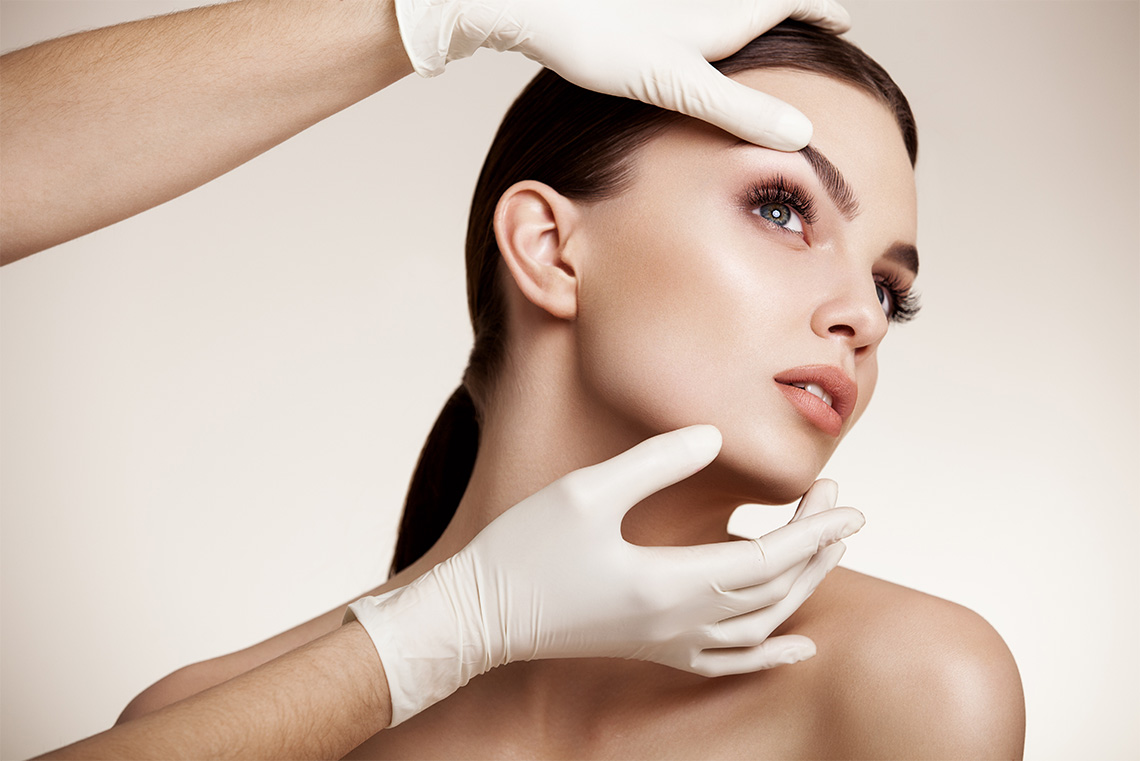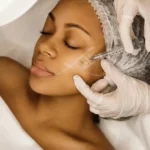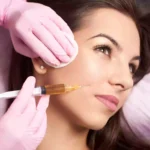
THE WHAT? Yatsen has published its first Environmental, Social and Governance (ESG) report, which highlights the company’s strategic ESG initiatives.
THE DETAILS The report covers the Chinese beauty company’s ESG-related initiatives from January 1 to December 31, 2021, as well as ‘data and information pertaining to certain material developments prior or subsequent to the Reporting Period.’
According to the company, “This report has been determined in accordance with a set of established procedures that include identifying and prioritizing material ESG issues, determining reporting boundary, collecting related information, preparing the report and reviewing the information as set out in the report.”
Covering corporate governance, product responsibility, responsibility for employees, environmental responsibility, and social influence, the report shows that 100 percent of employees took part in business ethics training, with 78.6 percent of employees being female.
THE WHY? Yatsen CEO Jinfeng Huang, said, “In 2021, Yatsen celebrated its fifth anniversary and its first year as a listed company. Since establishment, we are committed to creating a new journey of beauty discovery for consumers worldwide. We also strive to create value for stakeholders, to seek sustainable development and to maintain our competitive edges amid a complex and ever-changing market environment.
“Driven by digital technology, we continue to forge core capabilities such as product R&D, brand building and our Direct-to-Consumer (DTC) business model. We are also working to build a multi-brand portfolio, accelerate our global expansion and achieve high-quality sustainable growth across industry cycles.”
Aesthetic products generally refer to a broad category of items designed to enhance or improve one's appearance, often focusing on skincare, beauty, and personal grooming. These products are typically used to maintain or enhance physical attractiveness and may include a wide range of items intended for both professional and personal use. Here are some common types of aesthetic products:
-
Skincare Products: Including cleansers, moisturizers, serums, and treatments designed to address various skin concerns such as acne, aging, hyperpigmentation, and sensitivity.
-
Cosmetics: Makeup products such as foundations, concealers, eyeliners, lipsticks, and eyeshadows used to enhance facial features and achieve desired looks.
-
Hair Care Products: Shampoos, conditioners, styling products, and treatments to maintain and improve the health and appearance of hair.
-
Fragrances: Perfumes and colognes used to enhance personal scent and attractiveness.
-
Dental Care Products: Toothpaste, mouthwash, whitening treatments, and dental floss aimed at maintaining oral hygiene and enhancing smile aesthetics.
-
Personal Grooming Tools: Including razors, electric shavers, trimmers, and grooming kits used for hair removal and personal hygiene.
-
Beauty Devices: Devices such as facial cleansing brushes, LED light therapy masks, and microcurrent devices designed for at-home skincare treatments.
-
Nutritional Supplements: Supplements aimed at promoting skin health, hair growth, and overall well-being, often containing vitamins, minerals, and antioxidants.




